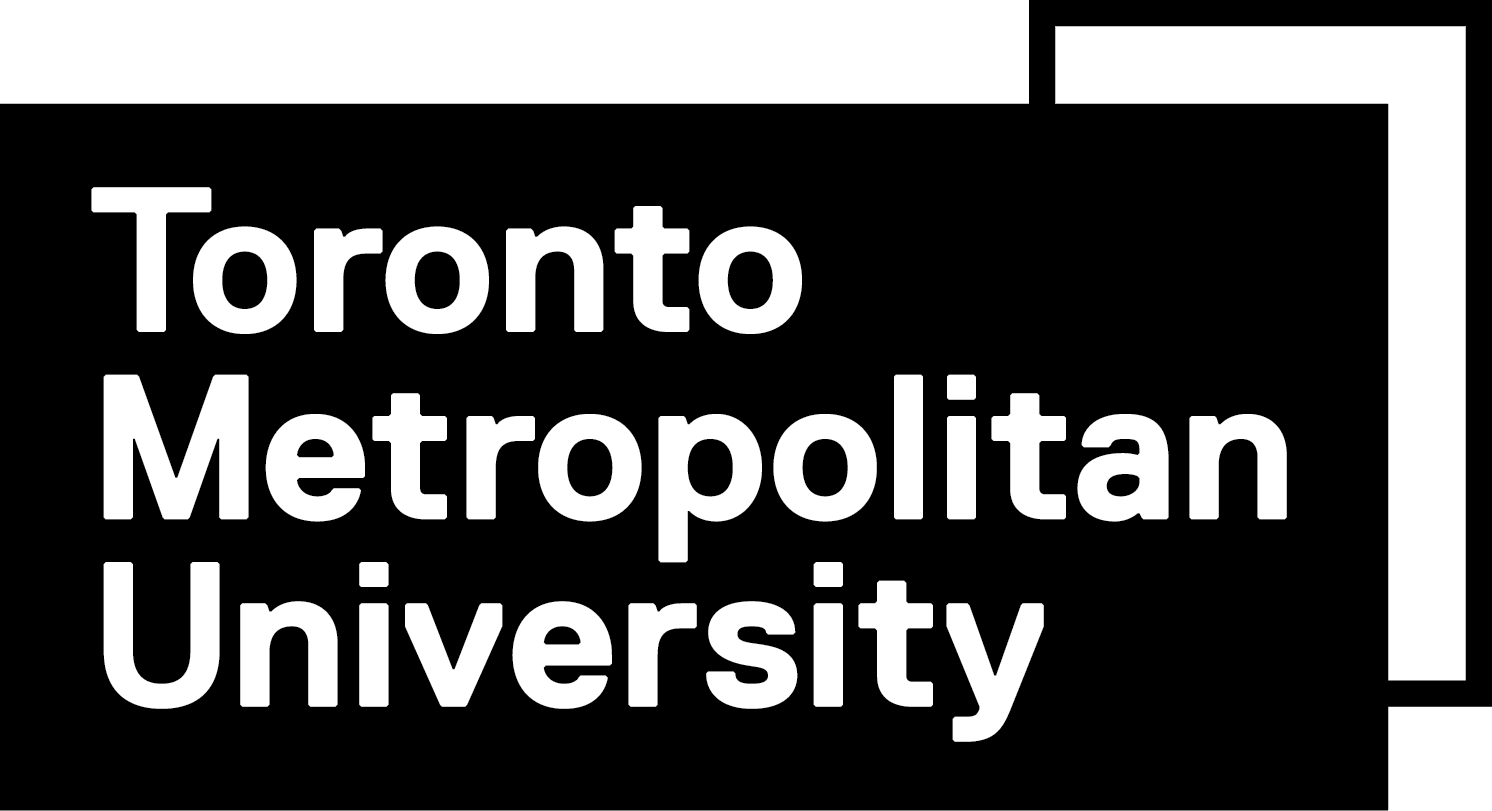
Finance and Management Skills for Economic Reconciliation

Français • April 27, 2022
A dynamic new generation of Indigenous professionals can take the lead in managing their communities’ unique corporate services.

Indigenous skilled labour is critical to realizing a new vision of economic reconciliation where First Nations, Métis, and Inuit communities control their economic futures.
Indigenous finance, management, and other corporate service professionals have important roles to play as their communities navigate evolving economic relationships to create long-term prosperity.
These roles could include:
- Senior management professionals
- Project management professionals
- Auditors, accountants, and investment professionals
- Human resources, business services, and insurance professionals
- Administrative and regulatory professionals
- Supply chain logistics professionals
Indigenous professionals are essential to meaningful economic development
These professionals can help meet the unique corporate service needs of their communities, including trust management, rural/remote economic development, multilingual service delivery, and culturally appropriate human resources.
As Indigenous communities seek greater control over decisions impacting their traditional territories, they will need Indigenous professionals who can integrate local values into the evaluation, financing, and management of complex resource development projects.
They can also assist communities with unique administrative requirements — the average First Nation generates 168 separate annual reports for the federal government each year.
Indigenous finance and management professionals can position their communities to develop lasting partnerships and shared prosperity alongside other Indigenous and non-Indigenous organizations. They will be critical to acting on emerging opportunities such as:
- ownership of major resource development projects
- increased participation in entrepreneurship and project supply chains
- expanding non-traditional economic development
- access to affordable capital for infrastructure and economic development
- the rise of economic development corporations and trusts
- strategic partnerships with corporate Canada and academic institutions
- the changing nature of the workplace premised on inclusion and reconciliation

Employers must make space for Indigenous professionals to unlock their potential
Too few Indigenous people hold management positions across the country. Despite representing nearly 5 per cent of Canada’s population, Indigenous people fill just 0.3 per cent of corporate board positions and 0.2 per cent of senior leadership positions at public companies.
Indigenous people are also underrepresented in finance roles, making up between 0.7 and 1.3 per cent of all employees in Canada’s financial sector. That figure is likely inflated, since most employers in the sector still don’t report on Indigenous employment or advancement.
Corporate Canada can play a key role in creating pathways for Indigenous professionals to develop new skills and advance their careers – but employers must step up their efforts to remove systemic barriers that obscure Indigenous contributions and halt upward mobility.
Closing education gaps can create more career opportunities
Low university attainment rates also limit Indigenous people’s entry into finance and management careers. As of 2016, just 14 per cent of Indigenous women and 8 per cent of Indigenous men held a bachelor’s degree or higher. While these rates are increasing, they are still well below those of non-Indigenous women (32 per cent) and men (27 per cent).
Indigenous people who do attain a bachelor’s degree or higher are less likely than their non-Indigenous counterparts to study business, management, or public administration. Rates are lowest among Inuit women (15.9 per cent) compared with a high of 23.5 per cent among non-Indigenous men.
Available education options seldom reflect the realities of Indigenous economic development, though this is changing with the finance and management designations offered by AFOA Canada and other Indigenous-led organizations.

Indigenous community capacity supports self-determination
Progress toward capacity development varies across communities. Since 2006, 214 First Nations have had their good governance and finance practices certified by the First Nations Financial Management Board (FNFMB) — opening up access to new taxation and borrowing powers.
But as of 2020, another 108 First Nations have triggered the federal Default Management and Prevention Policy, losing access to financing options and forcing outside intervention in their fiscal management.
On behalf of the Future Skills Centre, The Conference Board of Canada continues its research on the corporate service needs of Indigenous communities and the associated need for more Indigenous finance and management professionals.

Advancing economic reconciliation
Through its reconciliation agenda and adoption of the United Nations Declaration on the Rights of Indigenous People (UNDRIP), Canada is committed to supporting Indigenous peoples’ inherent right to self-determination and the free pursuit of their economic, social and cultural development.
Economic reconciliation is pivotal to fulfilling this commitment and achieving self-determination. It will be driven in part by the ability of Indigenous communities to generate own-source revenue and diversify their economies. Indigenous people with corporate services skills can catalyze these efforts while ensuring their community’s unique context and values are central to decision-making.
All levels of government also need Indigenous finance and management professionals to help implement the land claim and self-government agreements that cover much of northern Canada.
Promoting change and a shared vision of prosperity
Indigenous communities can benefit from corporate services skills to take control of their economic futures and generate long-term prosperity.
Canada has much to gain from this shift—including an annual economic boost of $27.7 billion from closing the gap between Indigenous and non-Indigenous labour productivity, according to the National Indigenous Economic Development Board.
This project will offer stakeholders effective strategies and practices to overcome the persistent under-representation of Indigenous workers in corporate service fields and provide recommendations for building a better skills development ecosystem to grow the talent pool of Indigenous corporate service professionals.

What does the road ahead look like?
In the first phase of this project, we interviewed Indigenous finance and management leaders from across Canada. They shed light on what the future may hold for Indigenous communities and for our country if more Indigenous people pursue careers in these fields.
In the next phase, we will engage with Indigenous groups and communities to learn about their unique corporate service needs and the skills they require. In parallel, we will engage with business schools, colleges, and corporate sector employers to understand how they can help grow the talent pool of Indigenous corporate service professionals.
To advance economic reconciliation and amplify Indigenous economic self-determination, we need to answer two interrelated questions:
What can be done to increase the talent pool of Indigenous finance and management professionals?
How will increasing this talent pool better serve the corporate services needs of Indigenous communities?
Our researchers will:
- Engage Indigenous groups and communities to learn about their unique corporate service needs.
- Identify the roles Indigenous corporate service skills play in advancing economic self-determination and prosperity.
- Identify how educational institutions, Indigenous employers, and corporate Canada can help grow the talent pool of Indigenous finance and management professionals.
- Provide insights into how Indigenous and non-Indigenous finance and management organizations can enhance recruitment and retention, and examine what that will look like in the workplace of the future.
FSC partners




The responsibility for the findings and conclusions of this research rests entirely with The Conference Board of Canada.

